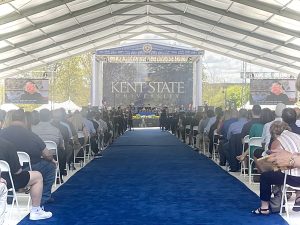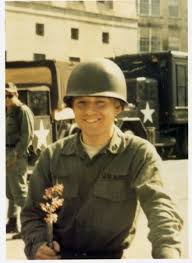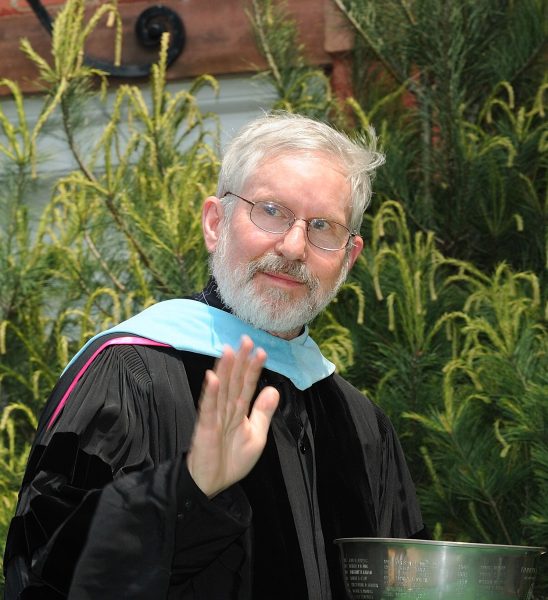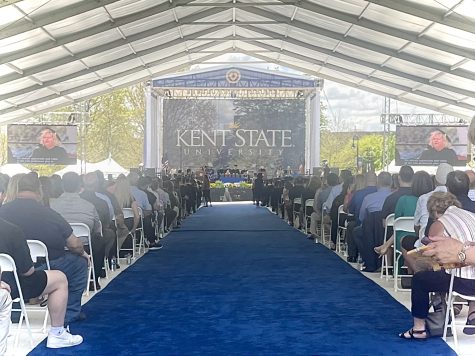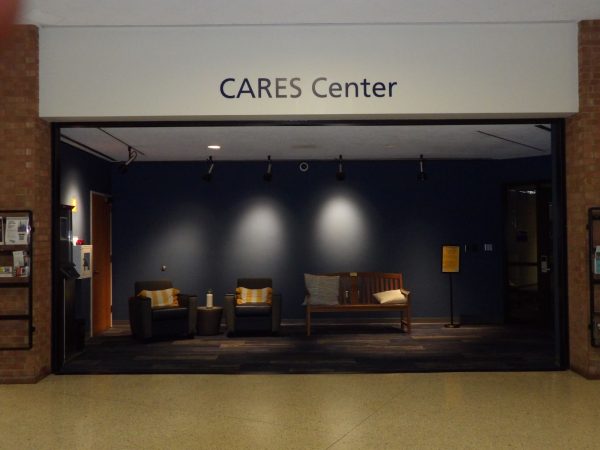WellSpark president discusses formation of habits
February 16, 2013
Cynthia Ackrill, president and owner of WellSpark, ended her three-day workshop at Kent State with a speech presented to students, faculty and staff on “Habit Shifting – Why It Is So Hard to make a Change, and How to Make it Easier; The Neuroscience of Behavior Change.”
As the owner of WellSpark, Ackrill coaches, consults and speaks about issues that have to do with leadership and well being.
Ackrill discussed that much of the time, humans don’t even know what they are doing or why they are doing it. Many activities are done through habit.
“Raise your hand if you brushed your teeth today,” Ackrill said during her presentation.
As the hands of the audience rose, Ackrill asked them to re-enact brushing their teeth this morning. She asked where they begin to brush their teeth, how they do it and why they do it that way.
“What if you had to give tooth brushing that much attention every single morning?” Ackrill asked. “In fact, you have to pay that much attention to what you do from the moment your feet hit the floor, until you get here. You’d be exhausted. You would have used up your brain power before you got here. Your brain forms these habits to save energy.”
The toothbrush example was just one example that Ackrill provided about habits. She also went into the science behind breaking unwanted habits.
Ackrill compared the human brain to a man riding an elephant.
“The frontal lobe is a lot like the little man on top of the elephant. That little man is our conscious decision,” Ackrill said. “The elephant is everything else going on in the brain. We are aware of only the tip of the iceberg that’s going on in our brain. The rest is subconscious. It’s our emotional drive. And then on top of all of that is a little man trying to steer it. So if you want to go down a different path, you’ve got to get that elephant to want to go.”
Mark Oprea, junior English major, attended Ackrill’s presentation.
“I like the idea of self help, looking to control the man on the elephant,” Oprea said. “If you start here, learning the facts, I think it is a step in the right direction.”
Ackrill’s presentation was sponsored by the College of Nursing and Kent State’s OneWellU wellness program.
Bob Hall, manager of Human Resources Training and Development, decided to bring Ackrill to Kent when he saw her give a presentation in Columbus. He believed that it was the kind of workshop that could benefit Kent State and their leadership program, Institute of Excellence.
“Its about taking on more leadership for the university,” Hall said. “We help people do that, but what we really needed to do more of is help people figure out how to think differently and in a way that is more authentic to themselves, benefits themselves and benefits the university, and that’s what Dr. Ackrill is here to help with.”
Contact Amanda Knauer at [email protected].








